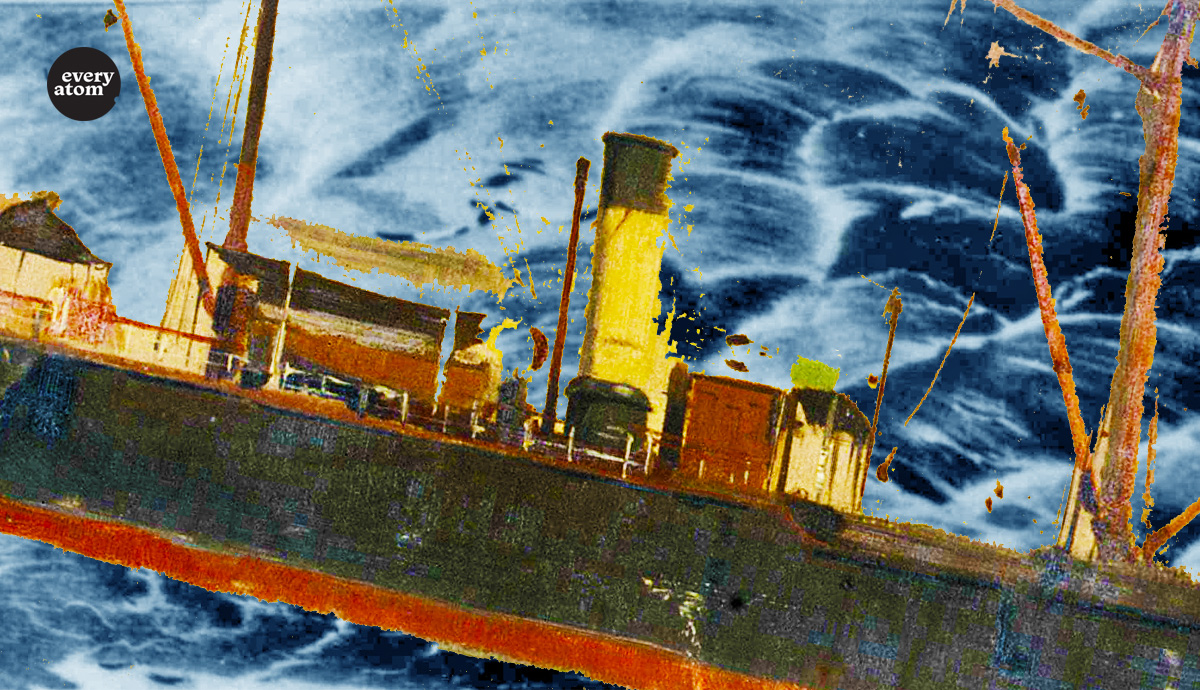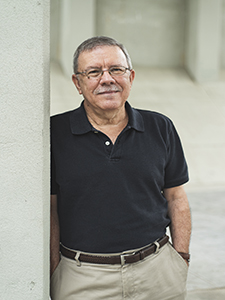Every Atom | No. 15
Introduction to Every Atom by project curator Brian Clements
In the section that eventually would become “Song of Myself,” Walt Whitman recalls the December 22, 1853, sinking of the steamship San Francisco off the coast of New York. Imaginatively sharing the fate of the ship’s 300 victims, the poet declares, “I am the man….I suffered….I was there.” With the innate predictive ability of genius, Whitman foresees another shipwreck—this of the entire country—a few years later in the Civil War. Then, as a volunteer visitor to the military hospitals in and around Washington, D.C., he would spend more than three years bringing what he termed “the medicine of daily affection” to thousands of sick, wounded and dying soldiers. With a knapsack full of humble but much appreciated gifts—fruit, candy, clothing, tobacco, pencils, paper, books and magazines—he entered the rank, fever-ridden hospitals like a literal breath of fresh air. Along with the material gifts, Whitman brought the patients, many of them still in their teens, the immense blessing of his magnetic, consoling presence. “Walt Whitman, Soldiers’ Missionary,” he proudly styled himself on the front of his notebook. In the process, he would lose forever his own good health, suffering a series of strokes that would leave him enfeebled for the rest of his life. To his credit, he never regretted his wartime service or what it cost him personally. “I only gave myself,” he told a friend. “I got the boys.”
Recommended
Nor’easter
Post-Op Appointment With My Father
Cedar Valley Youth Poet Laureate | Fall 2024 Workshop







